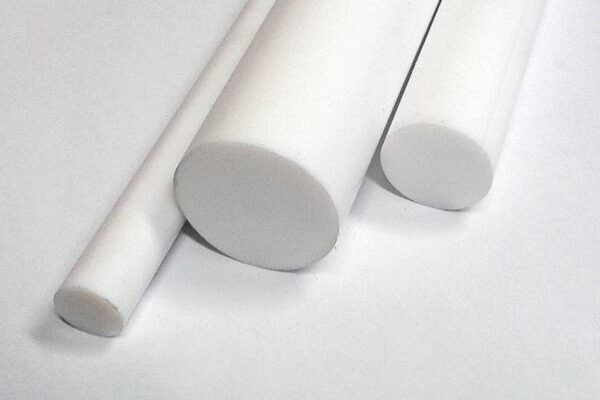High purity plastic valves and PTFE stab values are made from PTFE, PVDF and other high purity plastics. These types of valves are produced by specialty plastic fabricator manufacturers for use in severe and critical service applications for the Pharmaceutical, Defense, Alternate Energy, Semiconductor, Medical and Chemical industries, to remotely control fluid flow. Since these products, including PTFE Solenoid Valves, are most often utilized in a corrosive laboratory environment or clean room automation environment, the high purity plastics of construction ensure the best results against corrosion and their chemical resistances offers long life within the application. Custom fluid control products made from polytetrafluoroethylene (PTFE) and other industrial plastics can be found in a wide variety of specifications to meet the many possible applications and can often be tailor-made to a customer’s particular requirements.
Solenoid Values
PTFE Solenoid Valves are used to remotely control fluid flow. Their use is becoming increasingly popular in a wide variety of industrial applications thanks to their relative simplistic nature and affordable installation cost. With an enormous range of high purity plastic valves on the market, factories and plants throughout the industrial sector are easily able to find the right valve that meets the exact specifications of their intended use.
How They Work
Solenoid valves are electrically actuated to either their open or closed position. The valve components work by allowing or restricting liquid flow depending on whether or not they are subject to an electrical current. The trigger device is normally an electromagnet coil which activates when fed an electric current, attracting a plunger or other valve stem component to changing the state of the mechanical device, this in turn allows or prevents liquid flow. When the electromagnet is deactivated, the plunger is returned to its original position typically by means of a return spring.
Valve Types
Valves are categorized according to their method of operation. Valve actuation methods include; solenoid actuated, pneumatic actuated, manual actuated, with common options for internally or externally piloted and direct-acting valves. They can also be classified by the number of flow paths (or port) designed into the valve. One other common method of classification is the flow configuration of Normally Open (“NO”) and Normally Closed (“NC”). Thus one could request a Three Way Normally Open Solenoid Valve.
Composition
Each valve is specially constructed with its intended purpose in mind, and the incredible variety of functions which solenoid valves can serve means they can be made from a diverse selection of materials. Key considerations when choosing the Body, Solenoid and Seal materials are the relative importance of factors like reliability, durability, cost and purpose specific characteristics like fluid compatibility.
PTFE (polytetrafluoroethylene) is an industrial plastic useful for its chemical inertness and its high-purity properties, allowing it to perform well even under extreme temperatures, corrosive environments and within acidic fluids. The chemical resistance properties make PTFE a remarkably versatile polymer and therefore PTFE solenoid valves are commonly used in harsh industrial applications.

